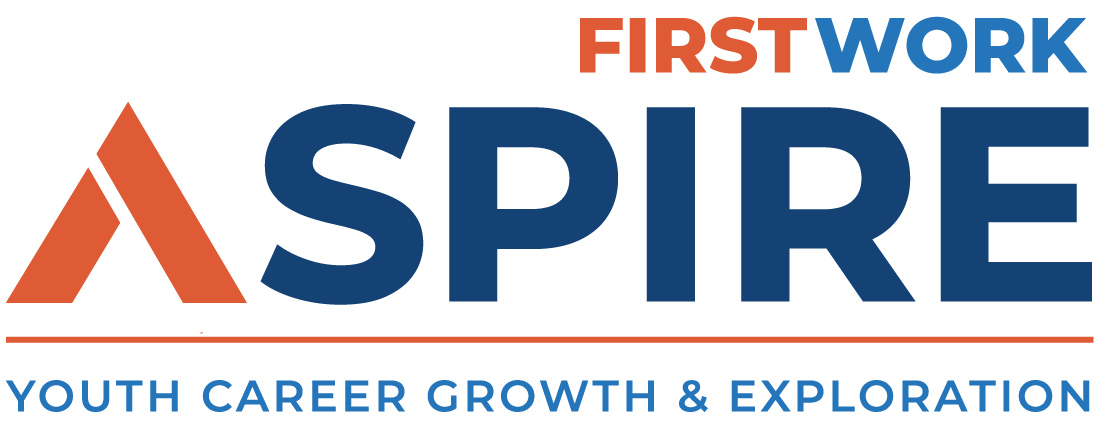What’s in a name? Advancing inclusion in the workplace, one name at a time
Myera Iftikhar
 I was carefully reviewing my resume for what seemed to be the 10th time. Before closing the document, I paused and went back to add something under my name, “(pronounced my-ra).” I saved it and hit submit.
I was carefully reviewing my resume for what seemed to be the 10th time. Before closing the document, I paused and went back to add something under my name, “(pronounced my-ra).” I saved it and hit submit.
Weeks later, I was nervously waiting for the page to load to join my first team onboarding meeting. While thinking about how to introduce myself, the room suddenly loaded and there I was, with 7 screens popping up in front of me. “Hi Myera,” they all greeted, voices overlapping one another. I was surprised. Despite meeting the team for the first time, it was my first experience where everyone had pronounced my name correctly. It was the first time I was in a meeting without awkward pauses and moments of mispronunciation. I didn’t realize how such a small gesture would create such a change in how included and seen I felt. Is this what it was normally like for others?
Canada’s workplaces are changing, with the future of the workforce predicted to become more inclusive and diverse, reflecting the wide diversity of populations in Canada (1,2). As workforces continue to evolve, the way we promote inclusion and diversity should also change. Building inclusive practices is not only associated with greater employee engagement, resulting in greater team morale, innovation, and retention, but it also builds the foundation for a healthier work environment with fewer work-related stresses (3). Name pronunciation is one simple yet powerful way to build a foundation of inclusion.

A person’s name can carry meaning, culture, or significance to them. So, pronouncing it correctly matters. (4) It is important to pronounce a person’s first and last name the way they prefer, without shortening it or deviating from it for ease (5).
Despite the meaning names bring, it remains a workplace challenge. A survey on names reported that many struggled with correctly pronouncing names at work, with some responding they did not pick someone in a meeting or talk to a co-worker because they did not know how to pronounce their name. These experiences impact individuals, with many feeling discriminated, unimportant, self-conscious, excluded or engaged less when it happened (7).
It is understandable to mispronounce a name you are not familiar with, it happens. The way you react to it, however, makes a big difference. To address these challenges, here are simple tips you can use to promote a sense of inclusion.
Tips:

- Not sure? Just ask or doublecheck.
- Share your desire to correctly pronounce a person’s name, “I want to make sure I’m pronouncing it correctly, would you mind repeating it again?” Or, “Did I get that right?” People appreciate the effort and intent to correctly pronounce their name (6).
- Set meeting norms
- There might be ambiguity around how to act when you don’t know or are unsure of how to pronounce a name, or how and when to correct someone who mispronounced a name. To address this, set guiding rules at the start of a conversation or meeting (“If you are unsure of how to pronounce a person’s name, please ask.” or “If you hear your name mispronounced, please correct it in the chat to share how it is pronounced”).
- Add in phonetics to your name, to break down how your name is pronounced. For example, in an email signature or documents (i.e., Siobhan to “Sha-von” or Ali as “Uh-lee”). You may also use audio apps or tools that allow you to record how your name is pronounced, so that people can click on it and hear your name.
- Be an ally and embrace the experience
- Empower and support those who have their name mispronounced. If you hear a name being mispronounced, and are in a position of power, you may correct that name for your co-worker. You can thank them if you have mispronounced a name, and someone has corrected it. This builds a supportive environment that allows people to feel heard and respected. (6).
References
- https://www.linkedin.com/pulse/workforce-diversity-predictions-2023-kris-clelland/
- https://www.theglobeandmail.com/canada/article-canada-workforce-eductated-diverse-statscan/
- https://afoa.ca/benefits-of-diversity-and-inclusion/
- https://www.inclusiveemployers.co.uk/blog/understanding-the-importance-of-name-pronunciation/
- https://www.thehumancapitalhub.com/articles/the-benefits-of-getting-name-pronunciation-right-at-work
- https://hbr.org/2022/01/why-getting-someones-name-right-matters
- https://www.shrm.org/topics-tools/news/inclusion-equity-diversity/want-to-inclusive-learn-how-to-pronounce-peoples-names#:~:text=74%20percent%20said%20they%20struggled,to%20pronounce%20the%20person’s%20name.







